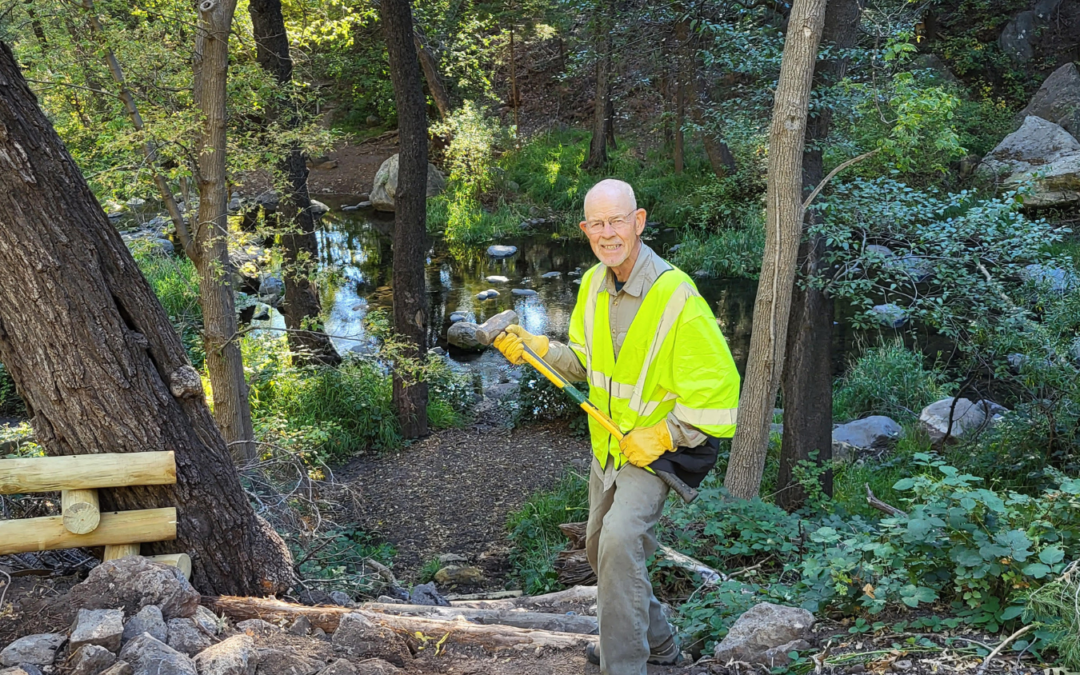Qualified Charitable Distributions from an IRA
Did you know that, if you are at least 70½ years old, you can make tax-free charitable donations directly from your IRA? By making what’s called a qualified charitable distribution (QCD), you can benefit your favorite charity while excluding up to $100,000 annually from gross income. These gifts, also known as “charitable IRA rollovers,” would otherwise be taxable IRA distributions.
How does a QCD work?
In order to make a QCD, you simply instruct your IRA trustee to make a distribution directly from your IRA (other than SEP and SIMPLE IRAs) to a qualified charity. The distribution must be one that would otherwise be taxable to you. You can exclude up to $100,000 of QCDs from your gross income each year. And if you file a joint return, your spouse (if 70½ or older) can exclude an additional $100,000 of QCDs. Note: You don’t get to deduct QCDs as a charitable contribution on your federal income tax return — that would be double-dipping.
QCDs count toward satisfying any required minimum distributions (RMDs) that you would otherwise have to receive from your IRA, just as if you had received an actual distribution from the plan. However, distributions that you receive from your IRA (including RMDs) and subsequently transfer to a charity cannot qualify as QCDs.
Why are QCDs so beneficial?
Without the special tax code applicable to QCDs, taking a distribution from your IRA and donating the proceeds to a charity would be a bit more cumbersome and possibly more expensive. You would request a distribution from the IRA and then make the contribution to the charity yourself. You’d include the distribution in gross income and then take a corresponding income tax deduction for the charitable contribution. But due to IRS limits, the additional tax from the distribution may be more than the charitable deduction. And due to much higher standard deduction amounts ushered in by the Tax Cuts and Jobs Act passed in 2017, itemizing deductions may have become even less beneficial in 2018 and beyond, rendering QCDs even more potentially appealing.
QCDs avoid all this by providing an exclusion from income for the amount paid directly from your IRA to the charity — you don’t report the IRA distribution in your gross income, and you don’t take a deduction for the QCD.
Can I name Wilderness Volunteers as beneficiary of my IRA?
Generally, a spouse, child, or other individual you designate as beneficiary of a traditional IRA must pay federal income tax on any distribution received from the IRA after your death. In contrast, if you name Wilderness Volunteers as beneficiary, Wilderness Volunteers will not have to pay any income tax on distributions from the IRA after your death as Wilderness Volunteers is a qualifying tax-exempt charitable organization under federal law, a significant tax advantage.
After your death, distributions of your assets to a qualifying charity generally qualify for an estate tax charitable deduction. In other words, if a charity like Wilderness Volunteers is your sole IRA beneficiary, the full value of your IRA will be deducted from your taxable estate for purposes of determining the federal estate tax (if any) that may be due. This can also be a significant advantage if you expect the value of your taxable estate to be at or above the federal estate tax exclusion amount ($11,700,000 for 2021).
Of course, there are also nontax implications. If you name a charity as sole beneficiary of your IRA, your family members and other loved ones will obviously not receive any benefit from those IRA assets when you die. If you would like to leave some of your assets to your loved ones and some assets to charity, consider leaving your taxable retirement funds to charity and other assets to your loved ones. This may offer the most tax-efficient solution because the charity will not have to pay any tax on the retirement funds.
Before you make any decisions regarding QCDs or beneficiary designations be sure to consult your tax advisor.
Lee D. Cooper, CFP©, ChFC©
Treasurer of Wilderness Volunteers: Giving Something Back.


